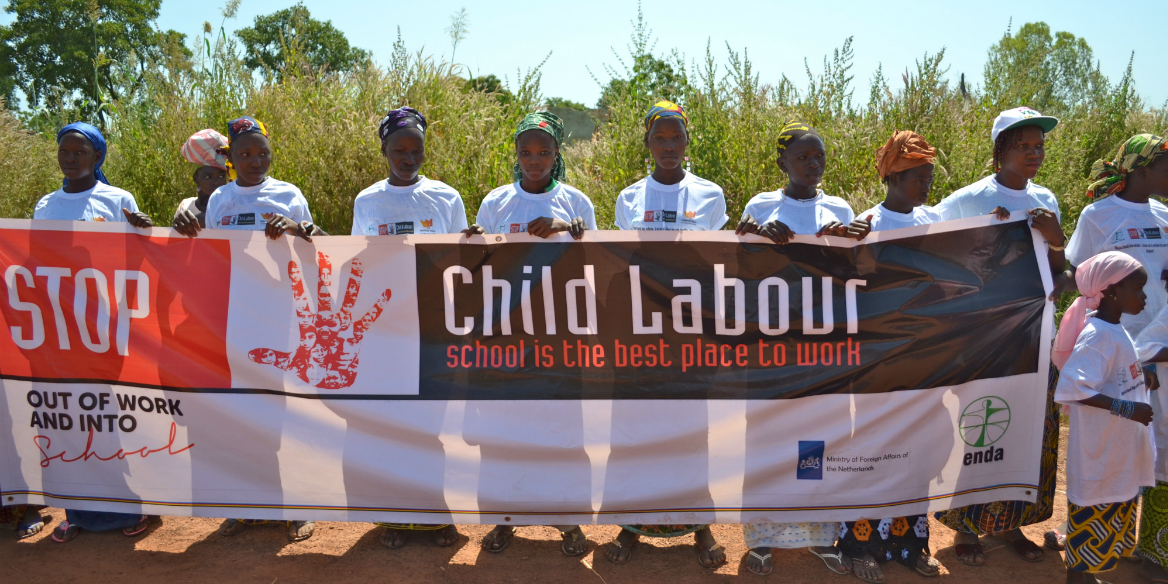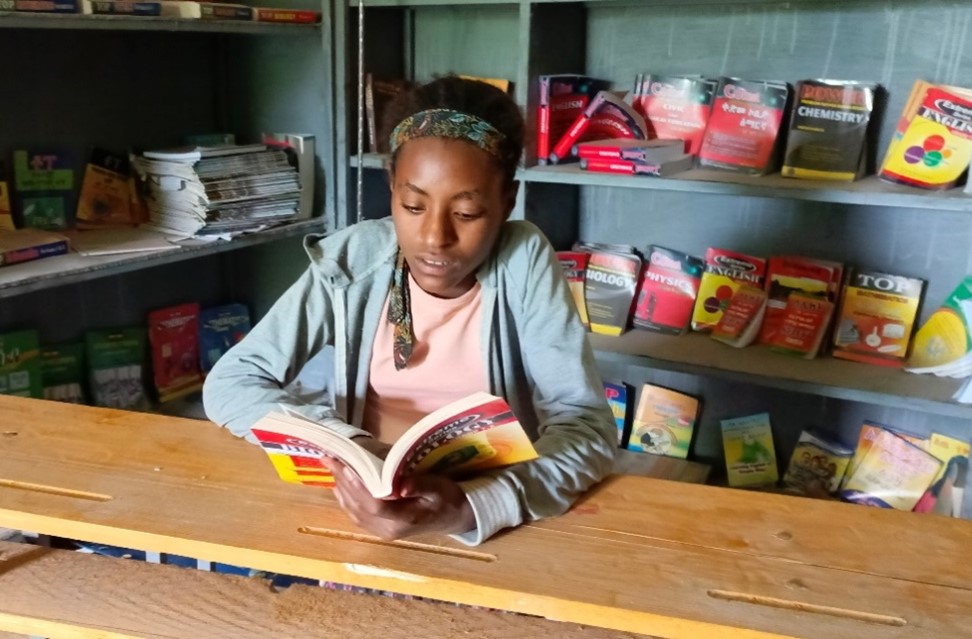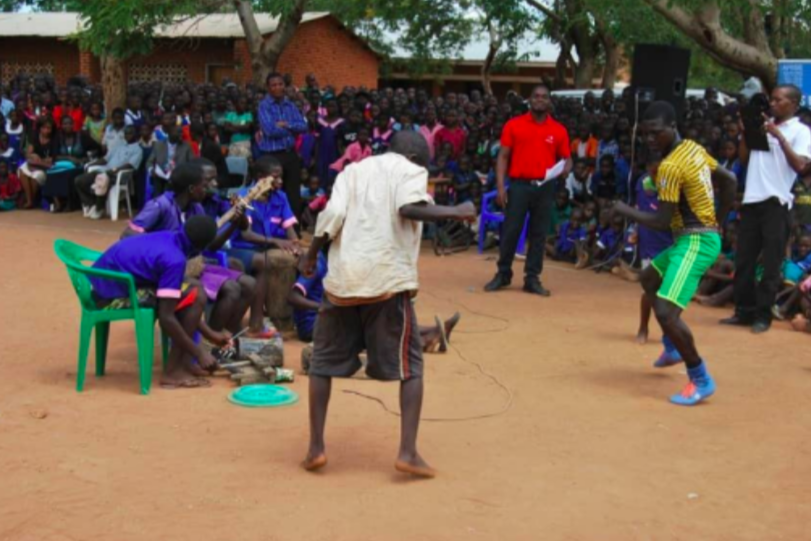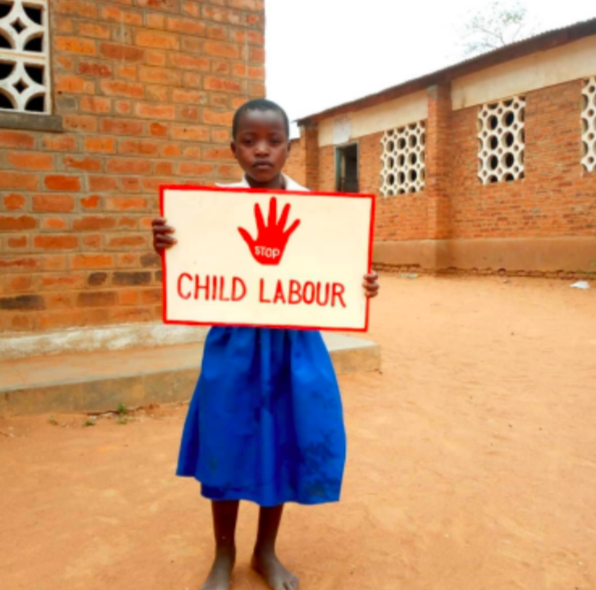The Council of the European Union – all 28 member states together – on the 20th of June published its conclusions on child labour and called for a joint approach to tackle all forms of child labour. The Council notes that ‘action is most effective and sustainable when it is embedded within comprehensive action plans and programmes to eliminate child labour, including through integrated area-based, sector-based programmes and value chain approaches.’
More specifically, the Council encourages the Commission ‘to ensure coherence and complementarity between its education and child labour-oriented development programmes’ and ‘ensure mainstreaming in other sectors such as decent work, responsible business, vocational training and education, agriculture, manufacturing and mining…’. In addition, the Council concludes that “child labour and forced labour are closely linked and frequently occur in similar contexts and sectors.”
‘Sustainable procurement important tool against child labour’
The Council also acknowledges “the important role of workers’ and employers’ organisations and civil society, and welcomes the various new and ongoing public-private partnerships to address child labour (…) in global value chains, and the various initiatives to improve responsible business conduct”.
Sustainable procurement by public authorities is an important means to combat child labour. The Council believes that more needs to be done about it. She “encourages the Commission to explore the possibility of integrating child labour due diligence into its procurement policies and to consider the usefulness of providing guidance to Member States on such due diligence”.
Stop Child Labour positive about promised action EU
Stop Child Labour welcomes the above conclusions of the Council and urges that these findings are translated into strong action as soon as possible. Stop Child Labour believes that the conclusions reflect a significant part of her work: an area-based (‘Child Labour Free Zone’) approach in specific countries and regions, working with companies and CSR initiatives on child labour free production chains (including participating in public-private initiatives like Covenants) and our plea to more strongly use sustainable procurement as a tool against child labour.
However, much more and scaled-up action in these areas is necessary. Stop Child Labour therefore calls for greater support by the EU member states for an area-based approach to combat child labour, including Child Labour Free Zones, in countries with substantial child labour and for initiatives in specific value chains to combat child labour and forced labour.
Moreover, Stop Child Labour is already advocating quite some time a legal basis for human rights due diligence of companies. This can be done by mandatory due diligence in the full supply chain of companies as well as (more specific) legislation in the field of transparency of these supply chains.
>> Download the full conclusions of the EU Council on child labour






